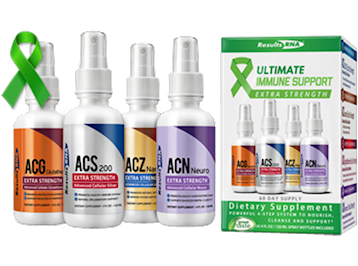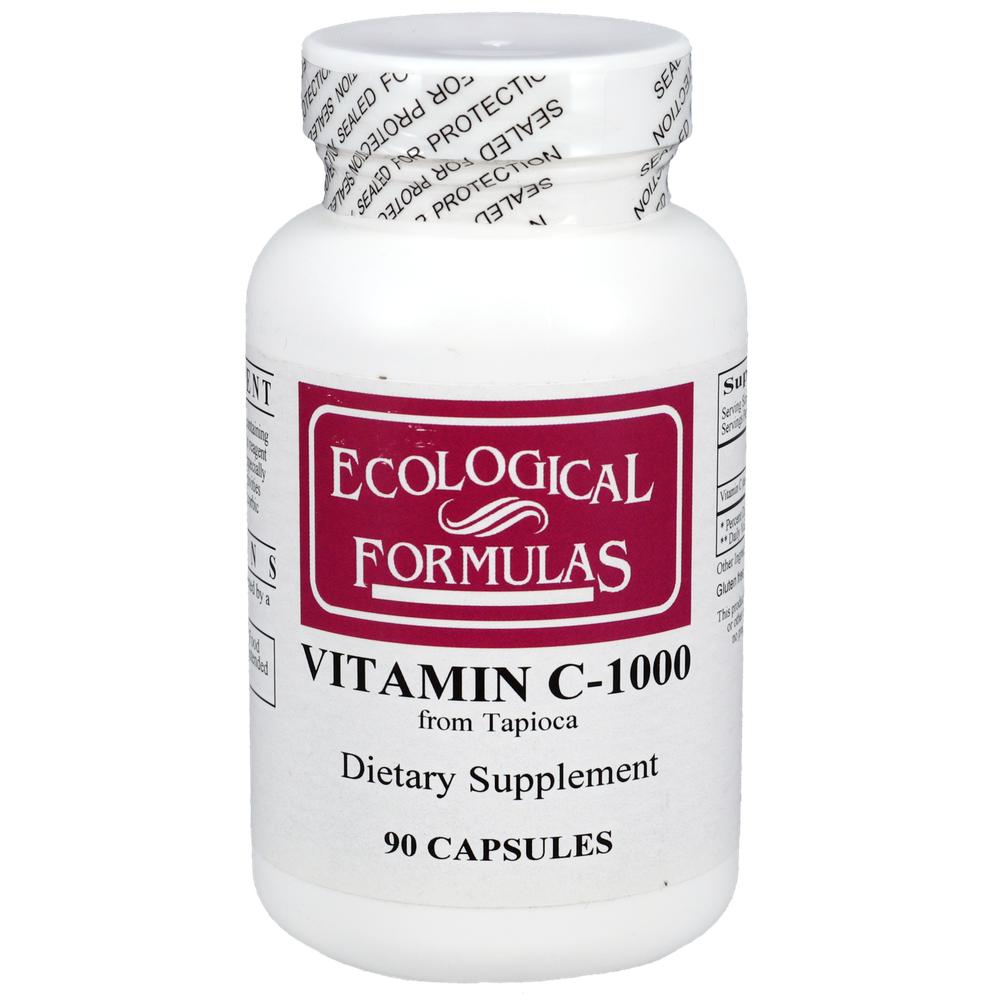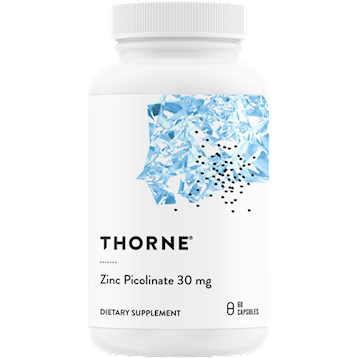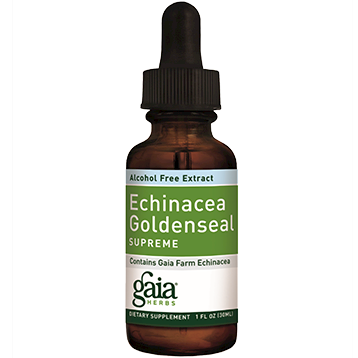1. Ultimate Immune Support
How it helps immune function:
As a “multi-layer” immune support formula, targets innate immune activation (natural killer cells, macrophages), adaptive immune balance, antioxidant/anti-inflammatory support, and possibly barrier/mucosal immunity.
Supports immune system readiness by strengthening baseline immune cell resilience (mitochondrial/energy capacity in immune cells), reducing oxidative stress load in immune tissues, and modulating inflammation so the immune system can respond appropriately rather than over-react.
Can also support immune recovery post-stress (e.g., after viral challenge or toxin exposure) by providing micronutrient, botanical, and maybe bio-active peptide support that helps “reset” immune cell function and improve immunosurveillance.
Note: Use this product with recurring infections, immune exhaustion, heavy burden (toxins/EMF/graphene oxide) or for “immune resilience” during high-risk phases (travel, winter, post-exposure). Pair with lifestyle supports (sleep, circadian reset, gut/lymphatic support) to maximize effect.
2. Vitamin C‑1000 (from Tapioca)
How it helps immune function:
Vitamin C is a foundational antioxidant and vital for immune cell function: it supports neutrophil and lymphocyte function, boosts phagocytosis, aids in resolution of inflammation, and helps regenerate other antioxidants (glutathione, vitamin E).
By reducing oxidative stress and supporting cellular antioxidant regeneration, vitamin C helps immune cells function more efficiently (better proliferation, better cytokine regulation, less “burn-out”).
The tapioca‐derived source means lower allergenic risk (important when with multiple sensitivities or heavy‐metal/chem exposure) so it fits high-purity frameworks.
Note: For use with increased oxidative stress (e.g., toxin burden, EMF/graphene exposure), low antioxidant status, slow immune recovery, or frequent infections, vitamin C is non-negotiable.
3. Zinc Picolinate
How it helps immune function:
Zinc is essential for over 200 enzymes and is heavily involved in immune cell development, function (T cell generation, NK cell activity), and cytokine regulation.
Adequate zinc supports immune system infrastructure (enzyme systems, transcription factors) and ensures immune cell metabolism (mitochondrial/respiratory chain) is efficient—thus less risk of immune “fatigue” or dysfunction due to micronutrient bottlenecks.
Picolinate form increases absorption (important in gut dysbiosis, poor absorption, toxin burden).
Note: For frequent infections, slow wound healing, poor immune recovery, or signs of zinc deficiency (taste changes, hair/skin issues, immune suppression) zinc is critical. Always pair zinc with copper monitoring (to avoid copper deficiency), and ensure adequate digestive/gut health for absorption.
4. NAC 600 mg
How it helps immune function:
NAC is a precursor to cysteine, which in turn is needed for glutathione synthesis—the master intracellular antioxidant and detoxifier. Immune cells (especially phagocytes) rely on glutathione for reactive oxygen species (ROS) handling, mitochondrial health, and survival in high-stress states.
Improving glutathione status means immune cells are less “wear‐and‐tear,” more resilient, less driven into chronic inflammation or oxidative damage, better able to respond to imbalances (toxins, viruses, chemical exposures). NAC also supports mucolytic (especially for respiratory) and may help reduce over-activation of inflammation in immune (cytokine) storms.
Note: Use NAC with high oxidative burden, heavy metal burden, chronic infections, or those experiencing immune dysregulation (e.g., repeated illness). Ensure also riboflavin, B-vitamins, sulfur donors (taurine, NAC, etc.) and support for phase II detox are in place because boosting glutathione alone without upstream support may overload systems.
5. Echinacea Goldenseal Supreme
How it helps immune function:
Echinacea enhances immune function (stimulates macrophages, NK cells, modulates cytokines) and goldenseal (Hydrastis canadensis) contains berberine/hydrastine which have antimicrobial, immune-modulatory and mucosal support properties.
When the immune system needs “directional support” (e.g., post-viral rebound, exposure challenges, mucosal immune weakness) this botanical combo helps up-regulate immune surveillance, support barrier immunity (respiratory, mucosal), reduce microbial load, modulate inflammation, and support immune recovery.
Especially useful when you suspect that your immune system is fatigued, mucosal barrier leaking, or dealing with microbial burden (virus, bacteria, secondary infection) in the context of toxin exposure or immune suppression.
Note: Use for short-term immune “boost” phases or with recurrent respiratory/mucosal complaints. Combine with foundational supports (vitamin C, zinc, glutathione/NAC) and ensure gut/lymph/immune “terrain” is optimized. Monitor for herb-interactions (e.g., with medications) and ensure the client has no contraindications (pregnancy, immune suppression therapies).
Summary Recommendation (Coach Valerie style)
Focusing on immune resilience in a high-tox / high-stress world, here’s how you could structure these supports:
Foundation layer: Vitamin C (aliquot daily), Zinc (daily), NAC (daily) — ensures immune cells have the micronutrient, antioxidant, mitochondrial & detox substrate they need.
Resilience layer: Ultimate Immune Support as a comprehensive support formula when deeper immune strengthening is needed — for example at seasonal risk times, after heavy exposure, or for clients with chronic immune issues.
Targeted botanical phase: Echinacea/Goldenseal for more acute immune or mucosal challenge phases (e.g., after viral exposure or during frequent upper-respiratory stress).
Protocol layering & monitoring: Check labs: immune cell counts, CD4/CD8 ratio, NK cell activity (if available), oxidative stress markers, mineral status (zinc, selenium, copper), glutathione status (if available).
Monitor symptoms: recurrent infection rate, recovery time, mucosal integrity (sinus, throat, GI immune interface), fatigue after illness, immune flares.
Combine with lifestyle: sleep optimization, circadian rhythm support, gut/lymphatic motility (to avoid immune/system stagnation), avoidance of high toxin/EMF triggers, address microbial burden (gut dysbiosis, latent viruses) which stresses immune system.
Timing: Use the botanical (Echinacea/Goldenseal) in “boost” cycles rather than indefinite daily use in high doses, to avoid immune over-stimulation or tolerance. NAC and zinc consistent daily; vitamin C consistent daily; ultimate formula as periodic intensification.
Cautions & Notes:
High dose zinc long-term can interfere with copper status—monitor copper/iron/zinc balance.
NAC mobilizes sulfur and has mucolytic effects; in heavy toxin/metal burden clients ensure clearance (kidney, liver, gut, lymph) is optimized to prevent mobilization stress.
Botanical immune stimulants (echinacea) may not be appropriate for clients with certain autoimmune conditions unless carefully assessed (since stimulating immune cells could theoretically influence autoimmune activation).
These supports help the immune system infrastructure, but if a client has a major immune dysregulation (like immunodeficiency, autoimmune disease, major viral persistence) you also need specialized protocols (viral testing, immune modulation, diet/gut/lymph interventions) beyond supplementation.
If you would like to test for the toxins that assault the immune system, start HERE
- Choosing a selection results in a full page refresh.
- Opens in a new window.












